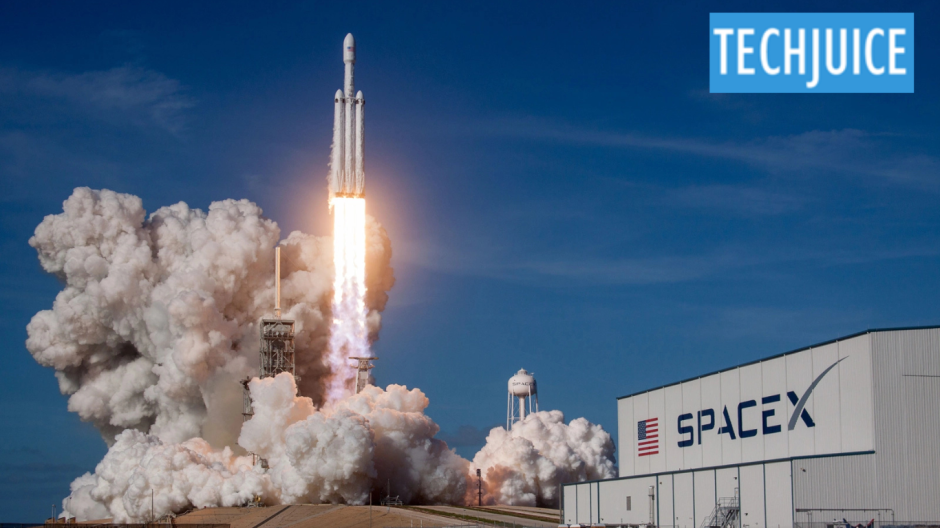On Sunday, SpaceX achieved a significant milestone during its fifth test flight of the Starship by successfully returning the rocket’s massive first-stage booster to its launch pad in Texas for the first time, utilizing large mechanical arms. This accomplishment marks another step forward in the company’s goal to create a reusable vehicle for missions to the Moon and Mars.
At 7:25 a.m. CT (5:30 p.m. PKT), the first-stage “Super Heavy” booster launched from SpaceX’s facilities in Boca Chica, Texas, propelling the second-stage Starship into space. The most challenging moment of the test occurred when the rocket separated at an altitude of approximately 70 kilometers (40 miles), initiating its descent back to Earth.
In order to slow down its rapid descent back to SpaceX’s launch site, the Super Heavy rocket re-lit three of its 33 Raptor engines. Its objective was the launch pad and tower from where it had blasted off. At over 400 feet tall, the tower is bigger than the Statue of Liberty. At the very top, there are two big metal arms.
The 233-foot-tall (71-meter) Super Heavy booster hit the launch tower’s enclosing arms as its engines roared, securing itself in place with small, protruding bars beneath the four forward grid fins that had guided it through the air.
“The tower has caught the rocket!!” After the attempt to catch it, CEO Elon Musk posted to X. As they watched the company’s live video, SpaceX engineers let out a roaring round of applause.
The innovative catch-landing technique was the most recent step in SpaceX’s long-term plan to build a reusable rocket that can carry more cargo into orbit, send people to the moon for NASA, and, eventually, reach Mars, Musk’s dream destination.
In the meantime, the second stage, or top half, of the rocket system, Starship, was traveling at a speed of nearly 17,000 miles per hour, 89 miles above Earth. It was en route to the Indian Ocean, close to Western Australia, where it was supposed to show a controlled splashdown approximately ninety minutes into the journey.
Starship Reentry Highlights Enhanced Heat Shield and Plasma Display
When Starship re-entered Earth’s atmosphere horizontally, cameras on board showed a smooth, pinkish-purple color of superhot plasma covering the side of the ship that faced Earth and its two steering flaps. This was caused by intense hypersonic friction, which was shown as a glowing aura.
The 18,000 heat-shielding tiles that cover the ship’s hot side have been upgraded since SpaceX’s last test in June. Starship successfully completed its first full test trip to the Indian Ocean, but reentry was hindered due to fractured tiles.
After re-igniting one of its six Raptor engines to get itself upright for the mock water landing, the starship looked more solid this time.
The rocket touched down in the midnight waters far off the coast of Australia, then tipped over, ending its test mission, according to the SpaceX live broadcast.
As SpaceX workers celebrated their successful landing, a different camera angle showed the ship exploding into a massive inferno. Cheers from the engineers could be heard on the live feed. It was uncertain whether the explosion was the consequence of a fuel leak or a controlled detonation.
The plane touched down “precisely on target!” according to Musk.
Musk revealed Starship in 2017, and since then, it has burst multiple times during testing. However, in June, it finally managed to complete a full flight.
After weeks of tense negotiations about the rate of launch licenses and fines connected to SpaceX’s Falcon 9 rocket, the company’s license to fly the fifth test was finally approved on Saturday by the U.S. Federal Aviation Administration.











